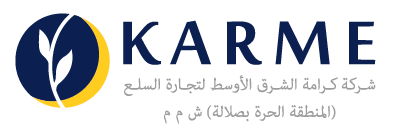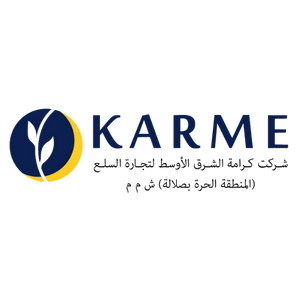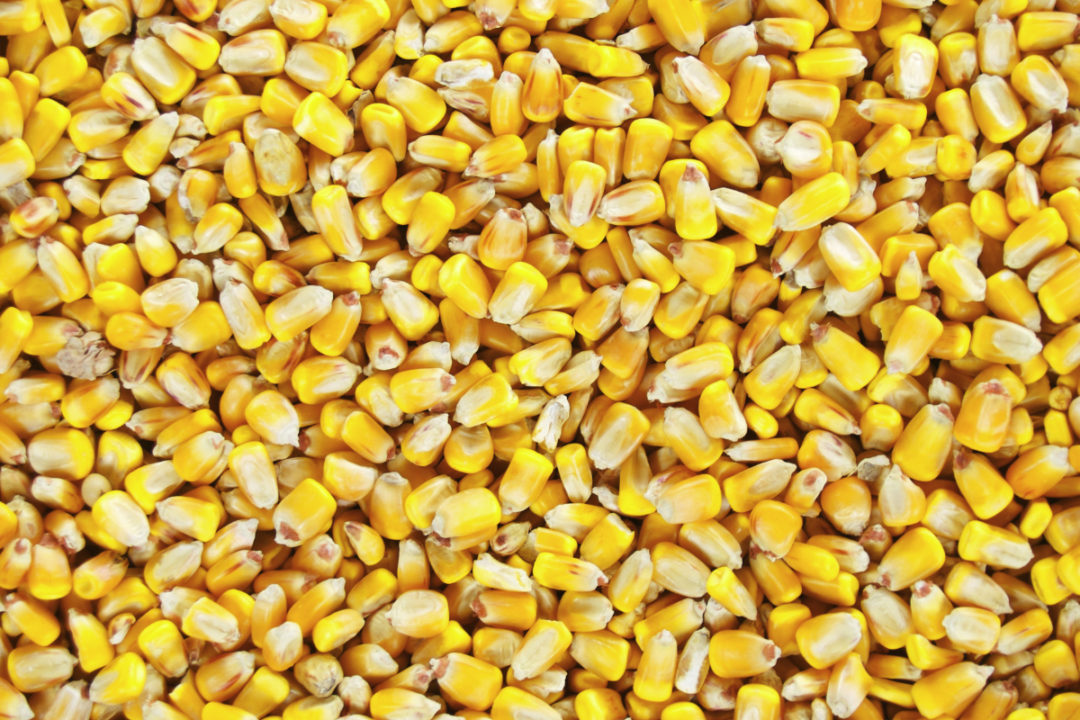
Animal feed
Corn
Corn or maize is one of the most widely used types of cereal grain that originates from CentralAmerica and has been grown for over 10,000 years in Southern Mexico. It eventually spread to Europe in 1492 after it was discovered in Cuba by Christopher Columbus, and from there, to the rest of the world.
Animal feed
Barley
Barley is a major cereal grain grown in temperate climates globally. Generally, 70% of barley production is used as animal feed, while the rest of it is used as a source of fermentable material for beer and certain distilled beverages, and as a component of various foods.
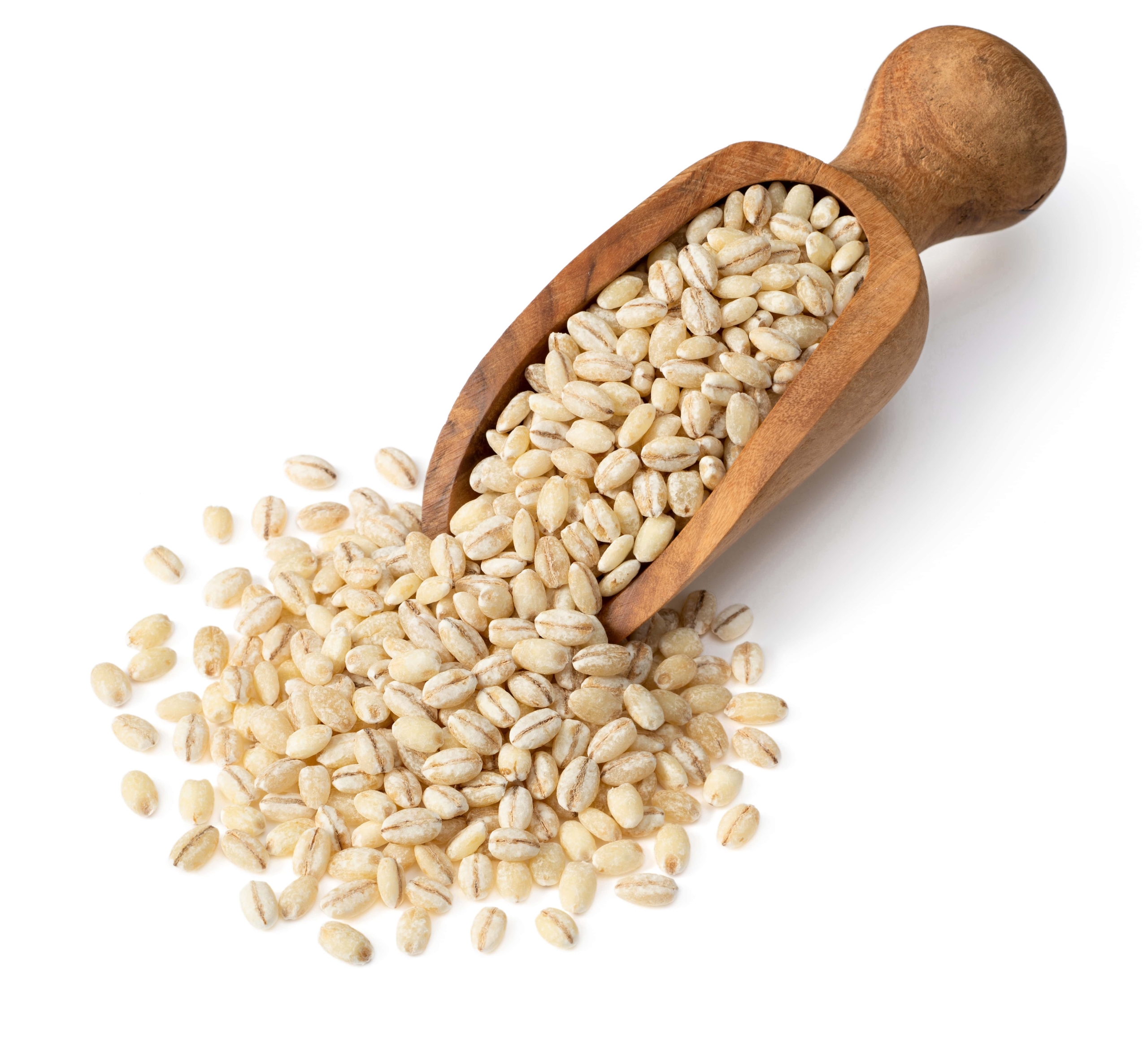
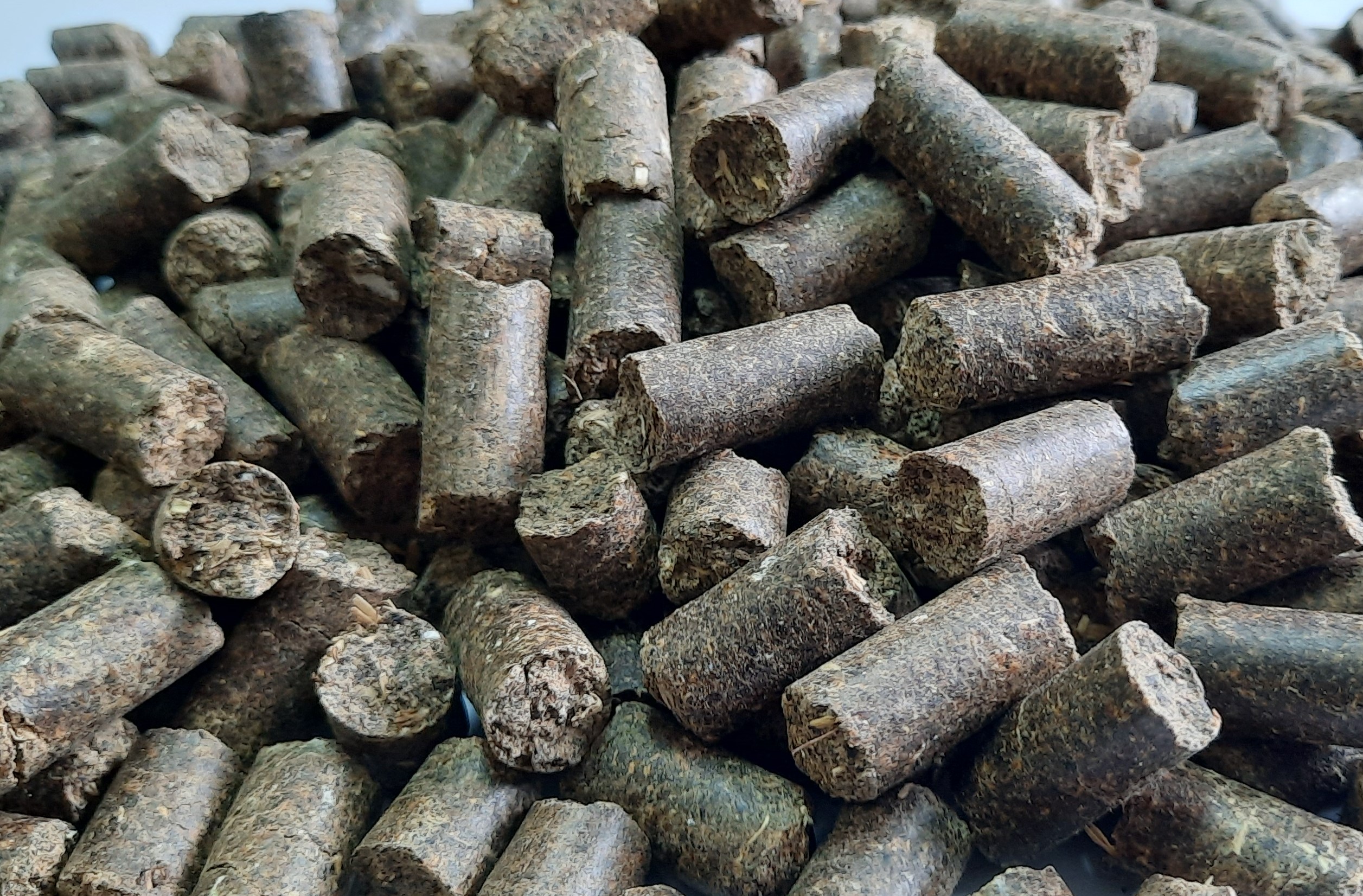
Animal feed
Canola Meal
Canola meal is a byproduct of canola oil processing. Canola meal is the second largest protein meal produced in the world after soybean meal. Canola meal for feed use is recognized for its consistent quality and cost-effectiveness.
Animal feed
Soybean Meal
Soybean meal is a primary protein source for farm animals, representing a significant portion of global protein feedstuffs. It is a by-product of soybean oil extraction and is processed into high-protein pellets for animal feed, including poultry, pigs, and ducks. Various methods yield different soybean meal products, contributing to its importance in animal nutrition.

Animal feed
Wheat Bran
The bran is the hard outer layer of the wheat kernel, which is jam-packed with various nutrients and fiber. During the milling process, the bran is stripped away from the wheat kernel and becomes a byproduct. Wheat bran has a sweet, nutty flavor. It can be used to add texture and a full-bodied taste to bread, muffins and other baked goods.


Grain
Wheat
Wheat is a highly nutritious and globally cultivated cereal grain with a history of over seven centuries. It’s the second most-produced grain globally, providing 20% of the world’s daily protein intake. Its adaptability to diverse soils and climates and various wheat varieties with differing protein content and kernel colors make it a crucial staple.
Food & Beverage
Rice
Rice is one of the most commonly consumed foods in the world. It’s versatile, sustainable, easy to prepare and a delicious base for many different cuisines. As the Gulf countries are significant rice producers, we can source our customers with high quality rice at reasonable prices.
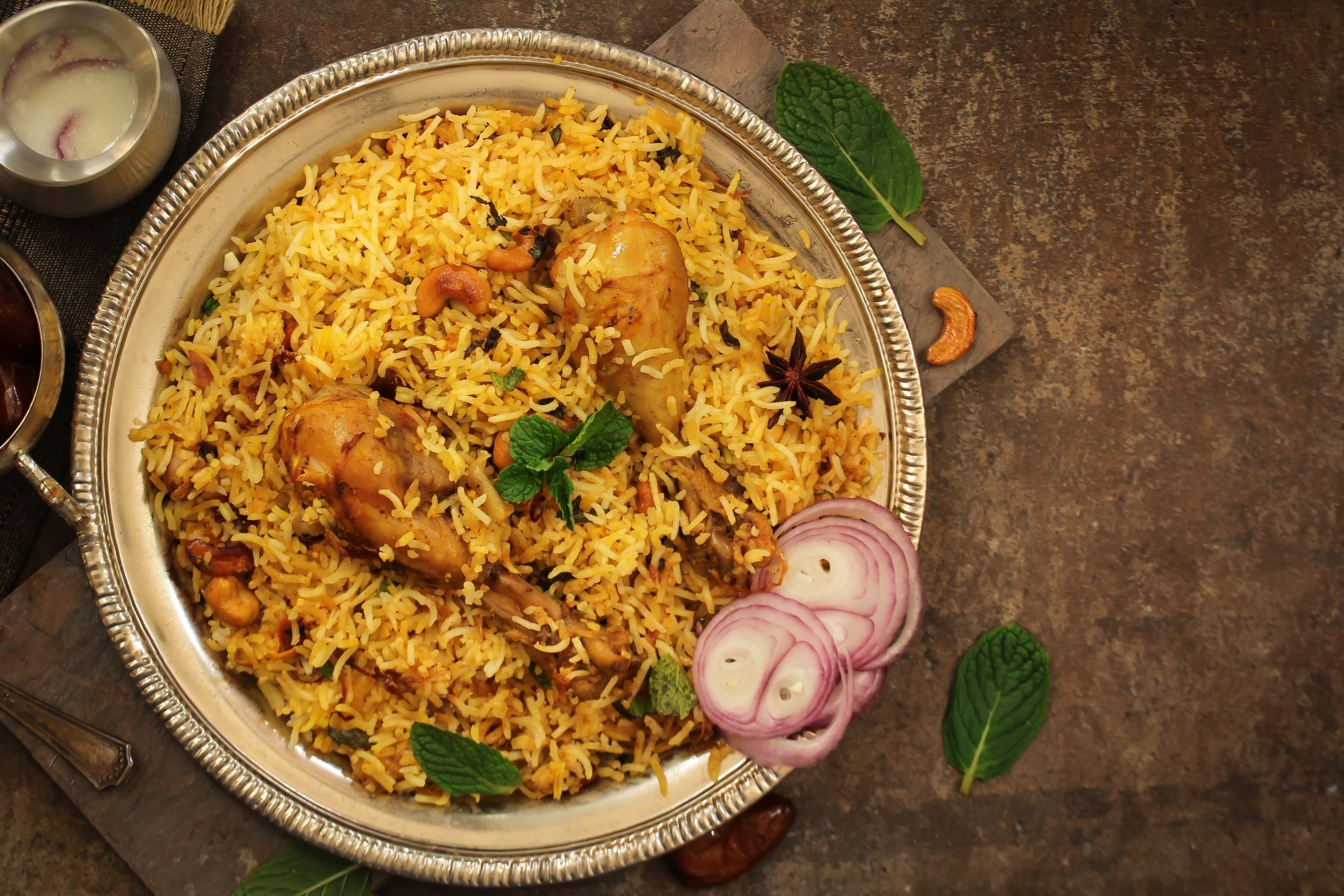

Food & Beverage
COFFEE
In Karme, we offer our customers high-quality green beans and roasted coffees, offering a diverse range of both Robusta and Arabica varieties. Our coffees are sourced from countries such as Vietnam, Colombia, Guatemala, Kenya, Rwanda, Brazil, Papua New Guinea, Tanzania, Mexico, and other coffee-beans regions.
Food & Beverage
Aseptic Tomato Paste
Aseptic tomato paste possesses a concentration of 36-38 brix with the most appetizing crimson coloring and perfect texture. Our product is made and preserved in the most hygienic way possible, guaranteeing absolute quality and performance. Stored in high-quality metal barrels and packaging ensures that the paste can be preserved for a longer time for delivery and usage.
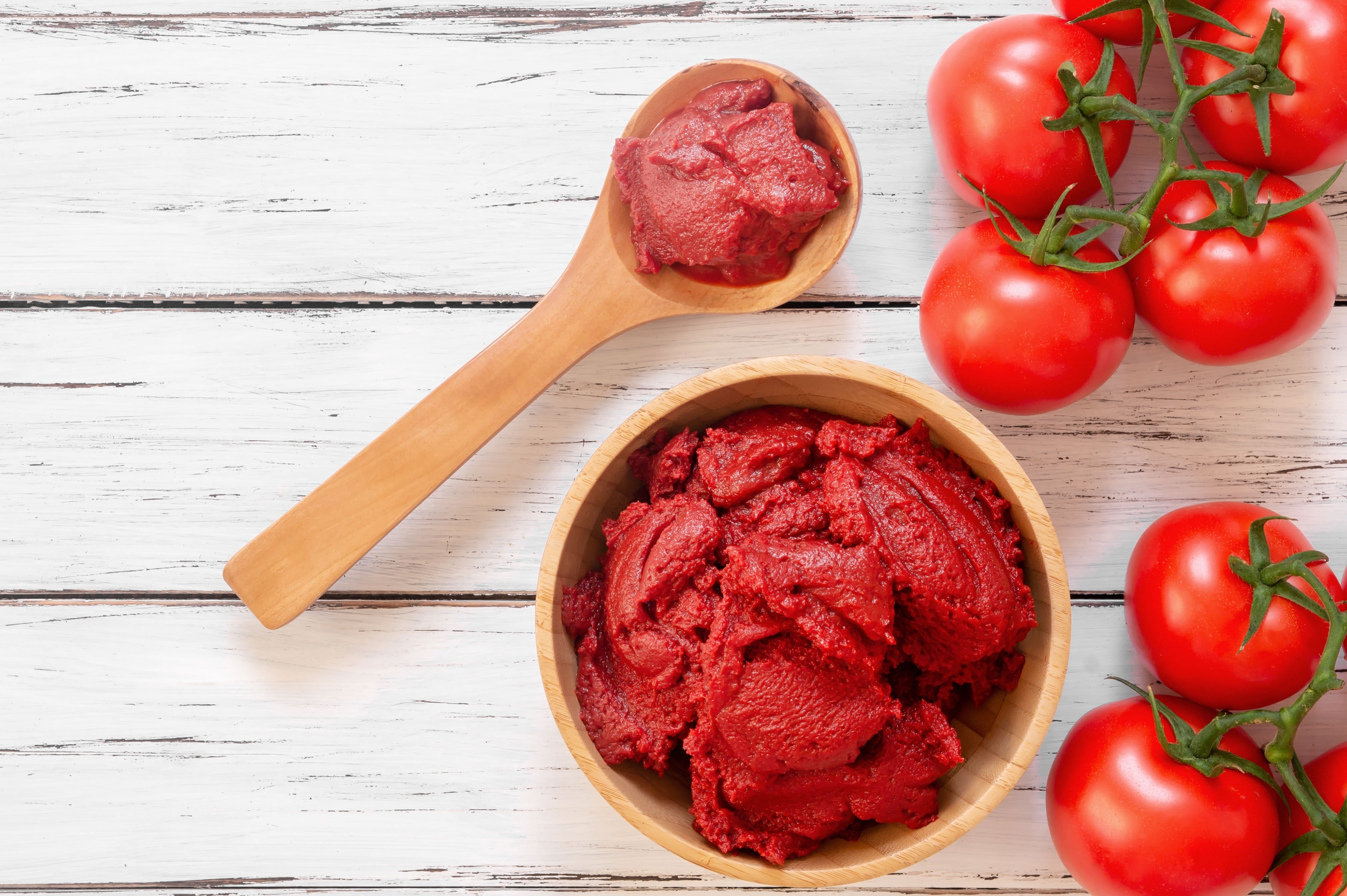

Raw Edible Oils
Conola Oil
Canola oil is a food-grade version derived from rapeseed cultivars bred for low erucic acid content. Also known as low erucic acid rapeseed (LEAR) oil. Canola oil is limited by government regulation to a maximum of 2% erucic acid by weight in many countries with special regulations for infant food. These low levels of erucic acid do not cause harm in humans.
Raw Edible Oils
Soybean Oil
Soybean meal is a primary protein source for farm animals, representing a significant portion of global protein feedstuffs. It is a by-product of soybean oil extraction and is processed into high-protein pellets for animal feed, including poultry, pigs, and ducks. Various methods yield different soybean meal products, contributing to its importance in animal nutrition.
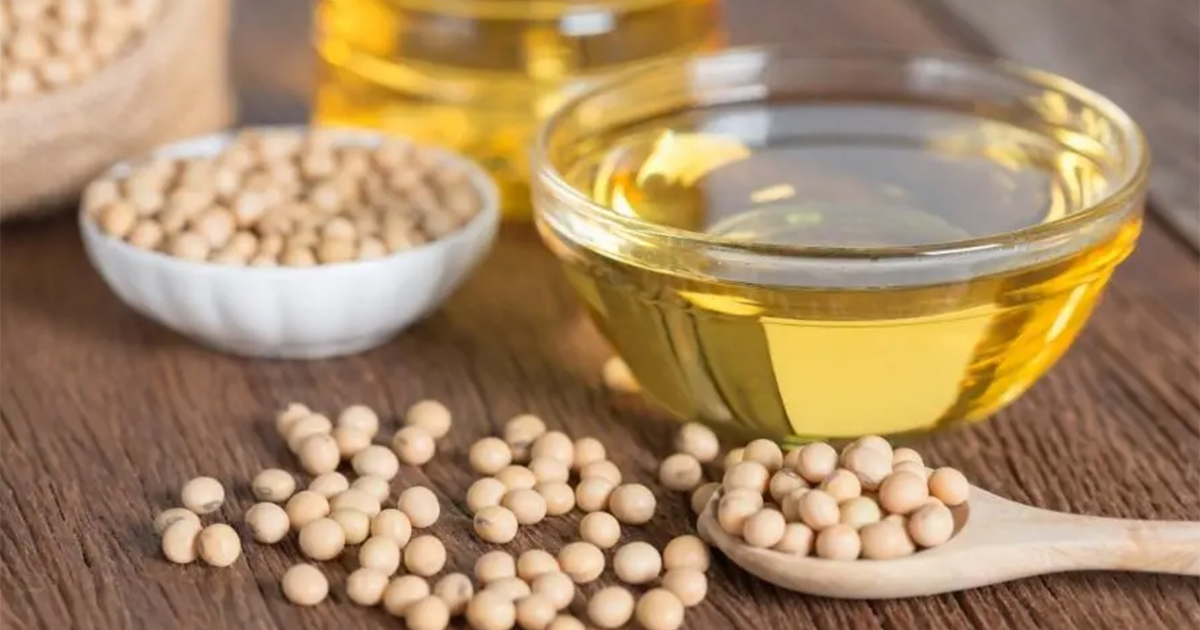

Livestock
Livestock have significant role in food industry. The livestock products are in food diet of billions of people in the world every day. Meat contain protein, which is important for growth and development, and other nutrients which human body needs, such as iodine, iron, zinc and vitamin B12. Meat is an essential part of the Omani cuisine. Meat consumption is related to living standards, diet, livestock production and consumer prices, as well as macroeconomic uncertainty and shocks to GDP. The per capita meat consumption in Oman is more than the world average.
